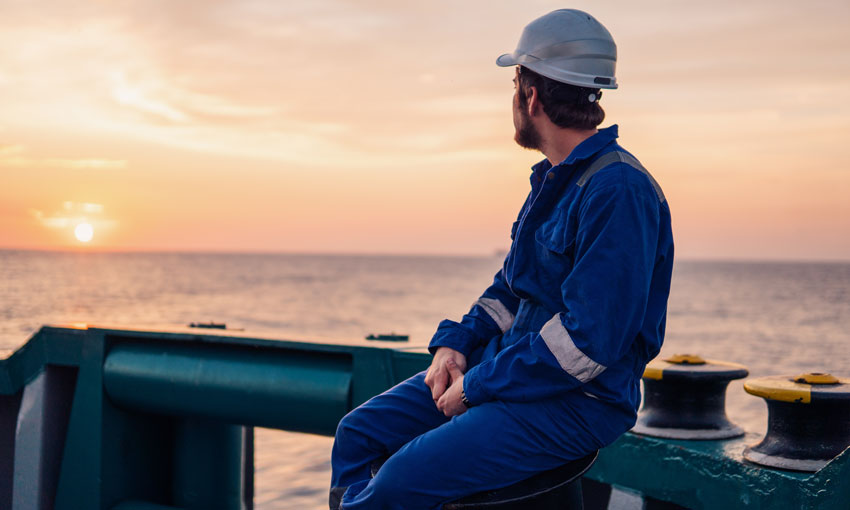AIMED at addressing the needs of stranded seafarers, struggling with the impact of the pandemic, a new human rights due diligence checklist is being provided to companies relying on shipping supply chains by the United Nations Global Compact, UN Human Rights Office, International Labour Organization and International Maritime Organization.
Some 1.5m people work around the world as seafarers on ships that transport an estimated 80% of global trade on water, according to the International Labour Organisation. Typically, they finish a job lasting several months, disembark and fly home, but travel restrictions and closed borders have made that difficult, if not impossible.
Some 200,000 seafarers are now impacted, with some being forced to work beyond the end of their contracts, and that figure could as much as double as new COVID variants arise and government restrictions keep them from going home, UN experts say. The number of stranded seafarers peaked at 400,000 in September 2020.
The new checklist prepared for cargo owners and charterers, formally called the Human Rights Due Diligence Tool, addresses concerns like safe crew changes, physical and mental health care and working conditions for crew members at sea during the global health crisis.
The tool aims to help these companies conduct human rights due diligence across their supply chains to identify, prevent, mitigate and address adverse human rights impacts for seafarers impacted by the ongoing COVID-19 crisis.
Sanda Ojiambo, CEO and executive director of the UN Global Compact said, “The impact of the COVID-19 pandemic has highlighted the fragility of global supply chains as seafarers continue to endure tremendous, and yet largely invisible, hardship and suffering.
“The mental and physical wellbeing of seafarers must be a priority and this tool is an important step.”

